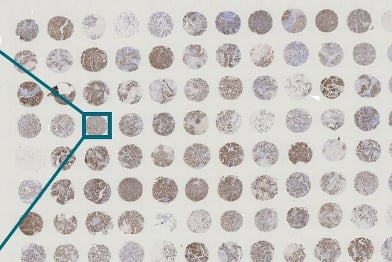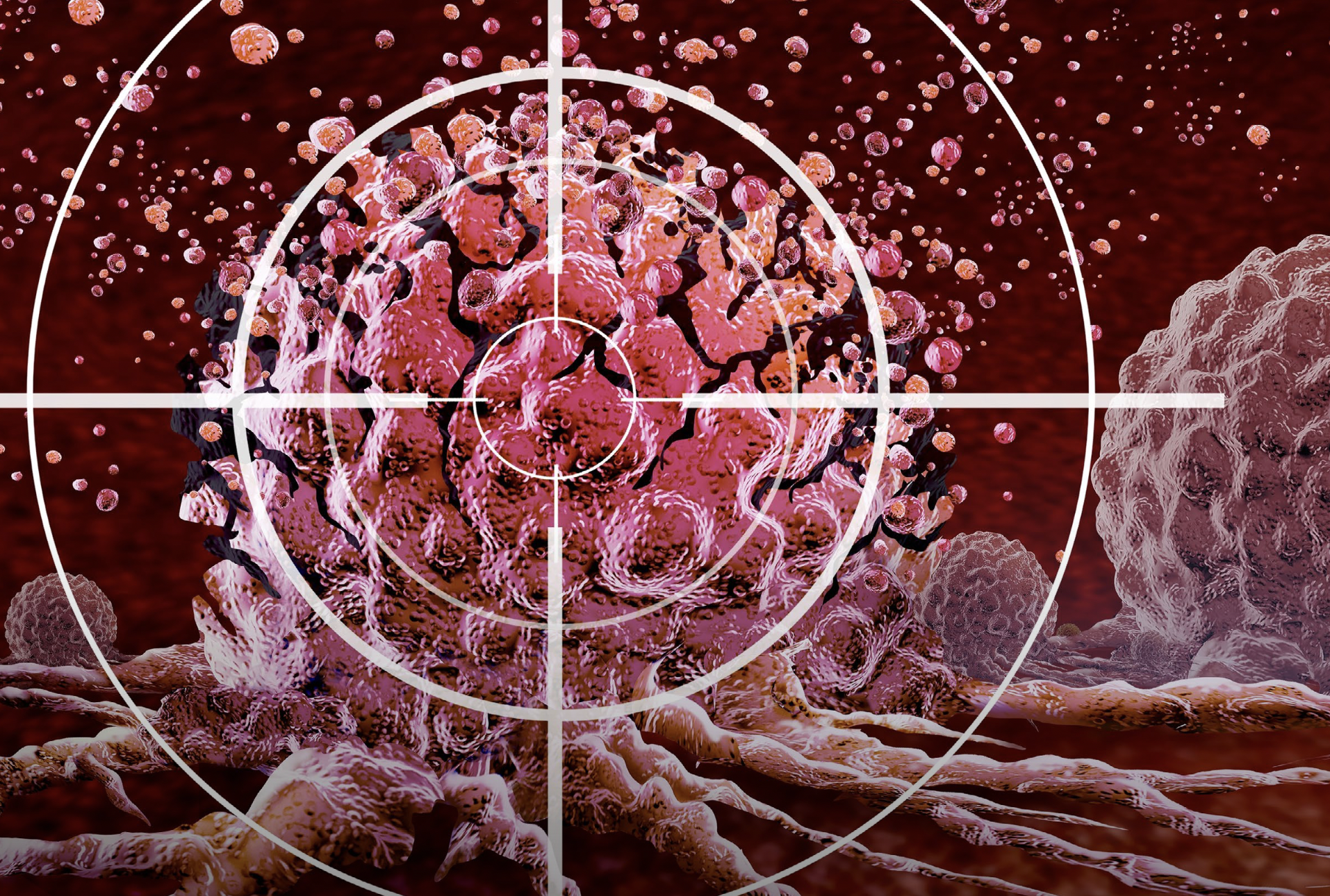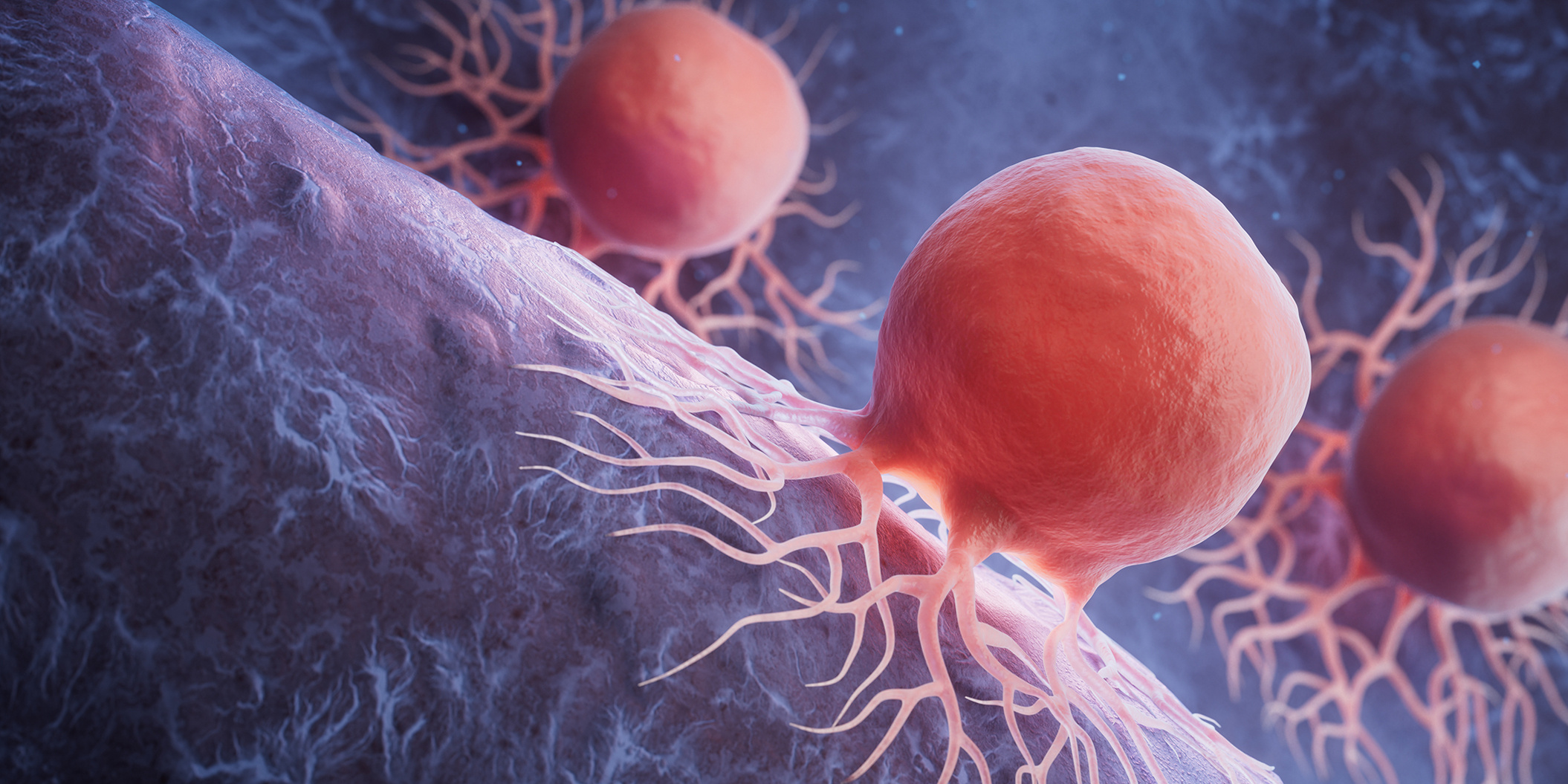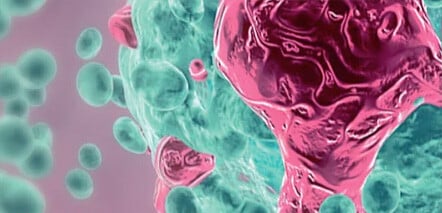Our Solution: PDX Mouse Clinical Trials (MCTs)
(Previously known as HuTrial)
Patient-Derived Xenograft (PDX) Models are transforming preclinical oncology research by offering more clinically relevant data. By preserving the key features of patient tumors, PDX models provide a powerful tool for drug development and clinical translation. These models help bridge the gap between preclinical studies and clinical success, offering oncology drug developers a reliable pathway to more accurate predictions and outcomes.
















